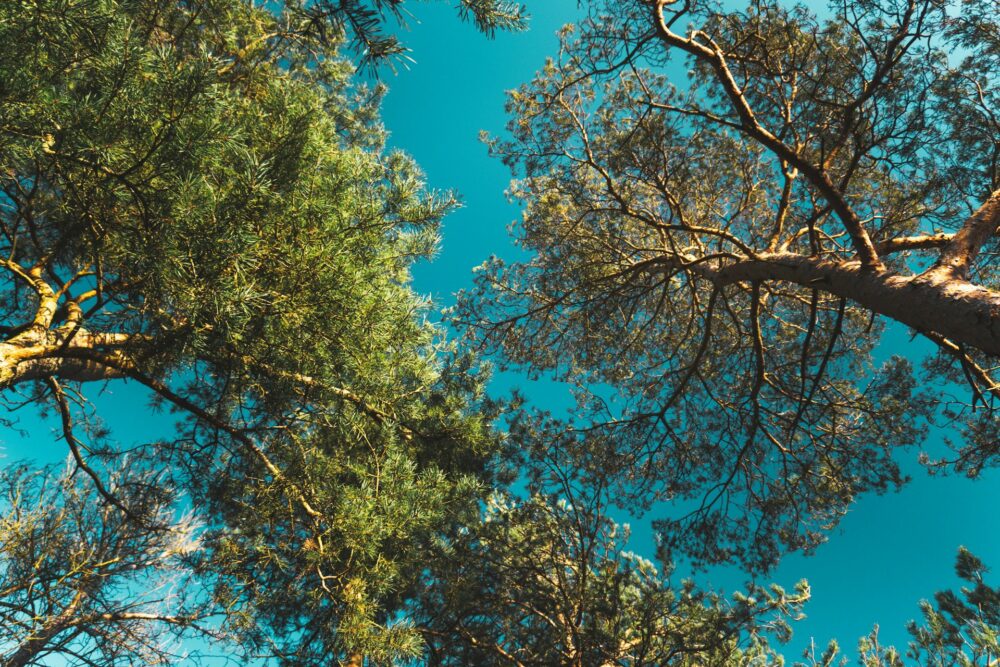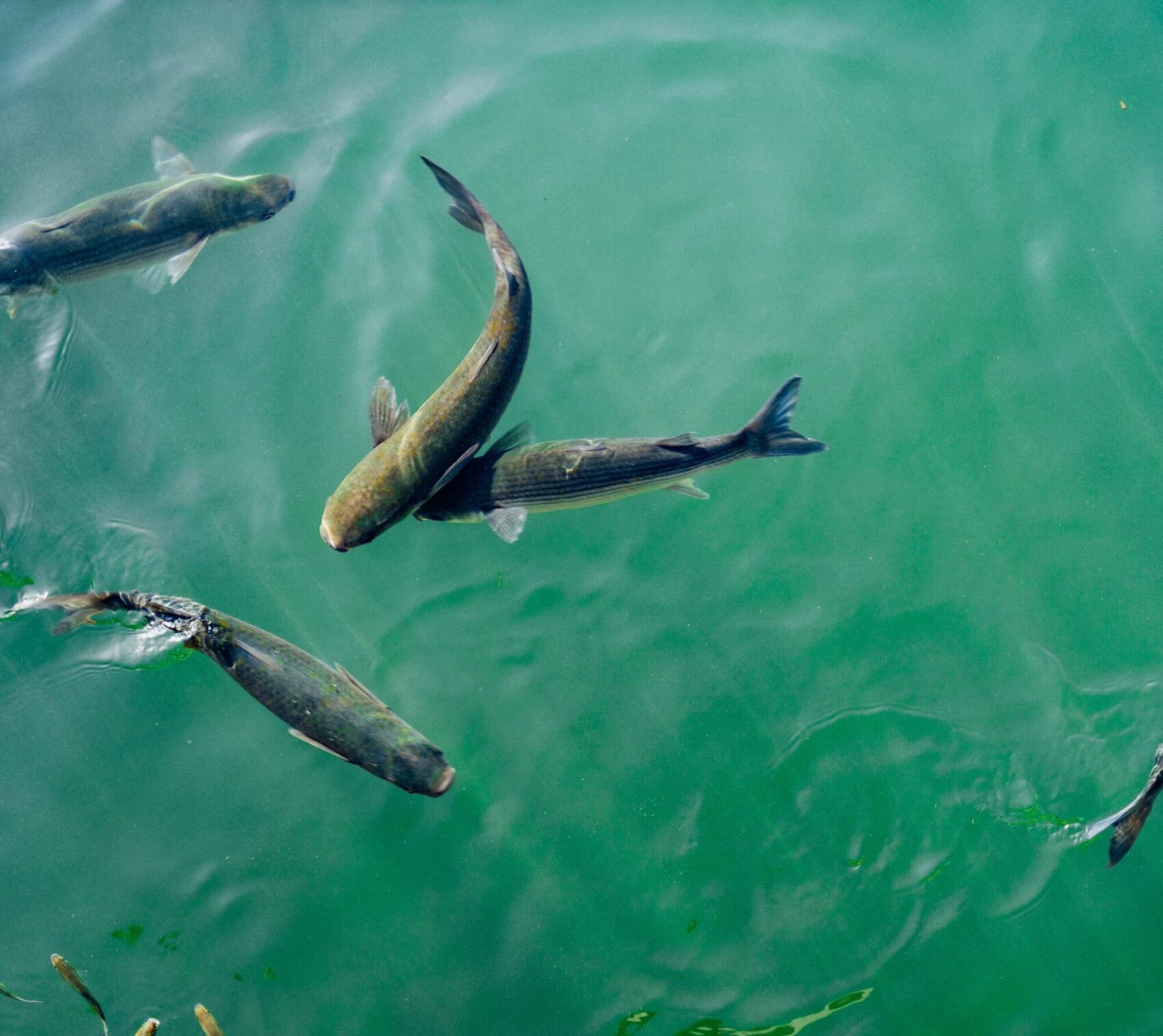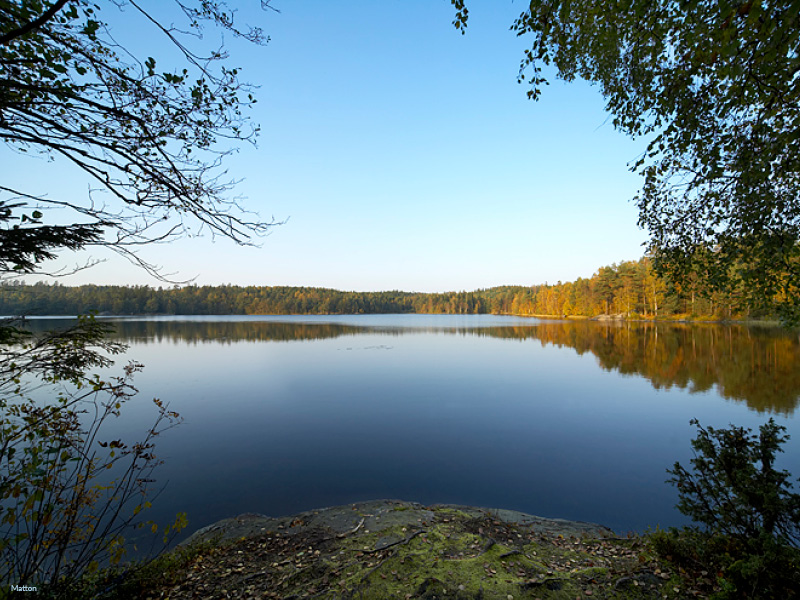Biorefining of forest residues for production of fossil free aviation fuels by a two-step process – Enhancing process aromatic selectivity

This project focuses on the development of a novel two-step process of forest residual materials to produce fossil free jet fuels. It would provide a means of supplementing fossil free jet fuels with aromatic content from additional renewable feedstock. The aromatic content of jet fuels is crucial to satisfy content specifications needed for safe performance and current industrial processes for producing renewable fuels lack a direct means of producing aromatic compounds.
Specifically, the project will focus on developing a novel strategy involving sequencing operating conditions and catalyst formulations to enhance aromatic yields in bio-oil from forest residuals. For a future up-scaling, the process economy is critical and this will be considered when developing the process. In addition, all carbon atoms must be utilized in the best possible way.
The process should mainly produce jet-fuel, but also some solid residues will be formed, which could be used as bio-char in fertilizers.

Louise Olsson
Chalmers University of Technology

louise.olsson@chalmers.se
Project information
Participants
Chalmers
Time schedule
April 2024 - December 2026
Total cost of project
4 320 000 SEK
Swedish Energy Agency project number
2023-01506
More projects

Efficient syngas fermentation of gasified woody biomass
The project contributes to the development of efficient biological methanation of gasified woody biomass in a unique “solid state” reactor, developed and…
Manager: Jörgen Held
Ongoing

Evaluation of industrial symbiosis between fish farming and a hydrogen plant in Alby
Fish farm makes use of residual heat and oxygen from hydrogen plant In this study, the processes, sustainability, production costs, and handling…
Manager: Elena Petukhovskaya
Completed: 2024-03-15

A flexible bioeconomy – key factor to enabling investments in large-scale biorefineries
Domestic sustainable biogenic feedstocks are important in the energy system transition, but their use is severely limited by a lack of investment…
Manager: Elisabeth Wetterlund
Ongoing


